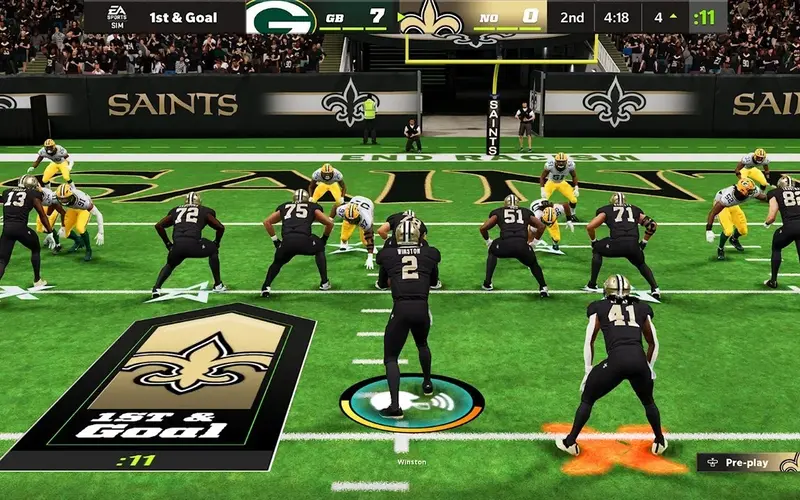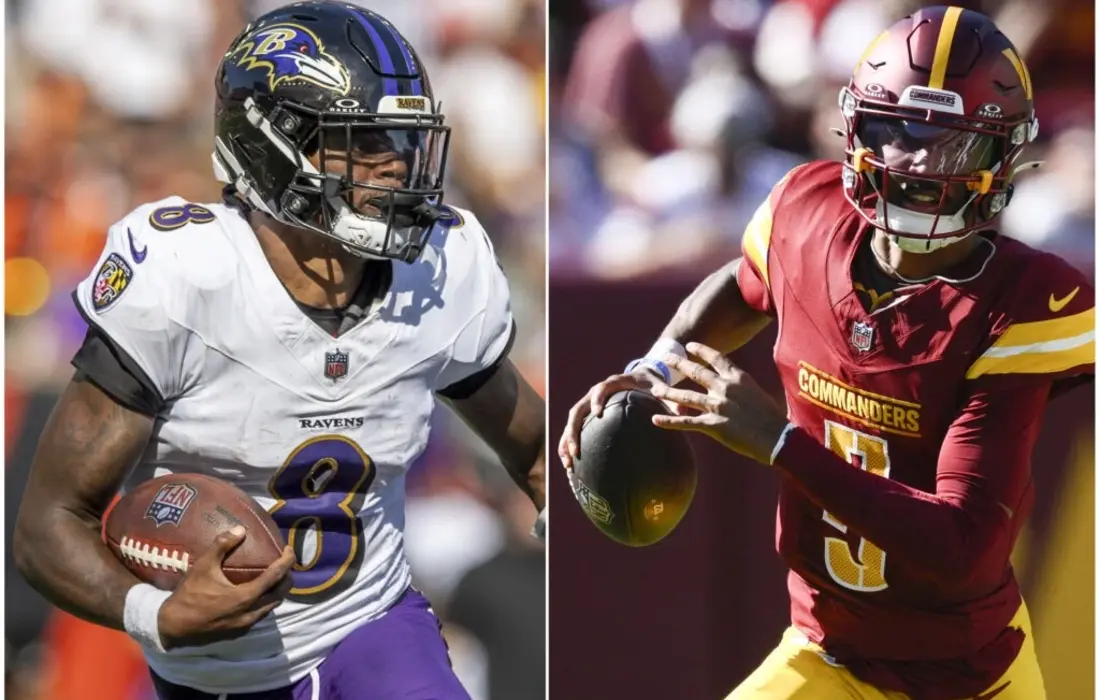Have you ever wondered how sports affect our society? This article examines the relationship between sports and social agreements. In this article, we’ll explore the PDF’s key ideas, what the Eassom 2005 Sports social contract means in the context of sports, and why it matters to all of us.
Understanding the Social Contract
A social contract is like an agreement among people in a society. It helps us understand our rights and responsibilities. Think of it as the rules that keep our communities safe and fair. In sports, this contract can show how athletes, fans, and organizations should treat each other. Here are some key points about the social contract in sports:
- Respect: Athletes should respect their opponents, coaches, and fans.
- Fair Play: Everyone should play fair and not cheat.
- Community: Sports can help build strong communities and friendships.
Key Concepts in Eassom 2005
The Eassom 2005 Sport and the Social Contract PDF dives into several important ideas.
Let’s break them down.
1. Sports as a Social Tool
The PDF talks about how sports can be a tool for social change.
They can help promote equality and bring people together.
For example:
- Youth Programs: Sports programs for kids can teach teamwork and discipline.
- Community Events: Local sports events can unite neighborhoods.
- Advocacy: Athletes can use their platform to speak up for social issues.
2. Ethical Responsibilities
This means they should act in ways that are good for society.
Here’s what this looks like:
- Role Models: Athletes should set a positive example for young fans.
- Charity Work: Many athletes support charities and give back to their communities.
- Health Promotion: Sports can promote healthy lifestyles and fitness.
3. The Role of Fans
Fans play a big part in the sports world.
The PDF highlights how fans can impact the social contract.
Here’s how:
- Support: Fans should support their teams in a positive way.
- Community Building: Fans can help create a sense of community through their love for sports.
Why Eassom 2005 Matters

Here are a few reasons:
- Awareness: It raises awareness about the impact of sports on society.
- Guidance: It provides a framework for how to improve sports culture.
- Inspiration: It inspires people to think about how they can contribute positively to sports and their communities.
How to Access the PDF
If you’re interested in reading the full Eassom 2005 Sport and the Social Contract PDF, you can often find it on academic websites or databases.
Here’s how to look for it:
- Type in “Eassom 2005 Sport and the Social Contract PDF.”
- University Libraries: Check if a nearby university library has access to the document.
- Educational Resources: Websites like ResearchGate or Academia.edu may have copies.
Have you ever thought about how sports are important in our lives?
It explains how sports and our rules for living together (called the social contract) are connected.
In this article, we’ll look at what the PDF says, what the social contract means, and why it’s important.
What Is the Social Contract?
First, let’s understand what a social contract is. Think of the social contract as a set of rules that everyone in a community agrees to follow. These rules help us know how to treat each other. In sports, it means how players, fans, and teams should act.
Here are some key points about the social contract in sports:
- Respect Each Other: Players should be nice to their teammates and opponents.
- Play Fair: Everyone should play without cheating.
- Include Everyone: Sports should welcome all kinds of people.
- Build Community: Sports help us make friends and connect with others.
Main Ideas in Eassom 2005
Now, let’s look at some important ideas in the Eassom 2005 PDF.
1. Sports Can Change Society
The PDF talks about how sports can make a difference in our world.
Here’s how:
- Youth Programs: Sports teams for kids can teach them to work together and be responsible.
- Community Events: Local sports games can bring neighbors together.
- Speaking Up: Athletes can use their fame to talk about important issues.
2. Being Responsible
This means they should do good things for society.
Here’s what that looks like:
- Be a Role Model: Athletes should set a good example for younger fans.
- Help Others: Many athletes support charities to help people in need.
- Promote Health: Sports encourage people to be active and healthy.
3. The Role of Fans
Fans are very important in sports too.
The PDF explains how fans can make a difference.
Here’s how fans can help:
- Build Community: Fans can help create a friendly atmosphere at games.
Why Is Eassom 2005 Important?

Here are some reasons:
- Learn More: It teaches us how sports can help society.
- Set a Good Example: It shows us how to make sports better for everyone.
- Inspire Change: It encourages people to think about how they can make sports and their communities better.
How to Find the PDF
If you want to read the full Eassom 2005 Sport and the Social Contract PDF, you can look for it online.
Here’s how:
- Search Online: Use Google and type “Eassom 2005 Sport and the Social Contract PDF.”
- Check Libraries: See if your local library or a nearby university has it.
- Educational Websites: Websites like ResearchGate may have it.
What Is the Social Contract?
First, let’s understand what a social contract means. Think of the social contract as a set of rules we all agree to follow. These rules help us treat each other nicely. In sports, it means how players, fans, and teams should behave.
Here are some important things about the social contract in sports:
- Be Nice: Players should treat their teammates and opponents kindly.
- Play Fair: Everyone should play without cheating.
- Include Everyone: Sports should be for everyone.
- Make Friends: Sports help us connect with others.
Key Ideas in Eassom 2005
Now, let’s look at some important ideas in the Eassom 2005 PDF.
1. Sports Can Make a Difference
The PDF says sports can help change the world.
Here’s how:
- Youth Programs: Sports teams for kids teach teamwork and responsibility.
- Community Events: Local games bring people together.
- Speak Up: Famous athletes can talk about important issues.
2. Being Responsible
Athletes and teams should act responsibly. This means they should do good things for others.
Here’s what that looks like:
- Be a Good Example: Athletes should show kids how to act well.
- Help Others: Many athletes support charities to help those in need.
- Promote Health: Sports encourage people to be active.
3. The Role of Fans
Fans are very important in sports too. The PDF explains how fans can help.
Here’s how fans can make a difference:
- Cheer Positively: Support your team in a nice way.
- Build Community: Fans help create a friendly atmosphere at games.
Why Is Eassom 2005 Important?
Why should we care about the Eassom 2005 Sport and the Social Contract PDF?
Here are some reasons:
- Learn More: It teaches us how sports can help society.
- Set a Good Example: It shows us how to make sports better for everyone.
- Inspire Change: It encourages us to think about how we can help.
How to Find the PDF
Want to read the Eassom 2005 Sport and the Social Contract PDF? Here’s how:
- Search Online: Use Google and type “Eassom 2005 Sport and the Social Contract PDF.”
- Check Libraries: See if your library has it.
- Educational Websites: Websites like ResearchGate might have it.
FAQs about Eassom 2005: Sport Social Contract
1. What is the “Eassom 2005: Sport Social Contract”?
The “Eassom 2005: Sport Social Contract” refers to a concept explored by Professor Simon Eassom in 2005, discussing the relationship between sport, society, and governance. It highlights the idea that sport functions as a social contract, where various stakeholders—governments, organizations, athletes, and fans—have mutual responsibilities to uphold the integrity and values of sportsmanship.
2. Who is Simon Eassom, and what is his connection to the Sport Social Contract?
Simon Eassom is a scholar known for his work in the fields of philosophy, sport, and education. In 2005, he introduced the concept of a Sport Social Contract, framing sport as a societal institution that requires collective responsibility to ensure fairness, inclusivity, and ethical conduct within sports culture.
3. What are the key principles of the Sport Social Contract according to Eassom (2005)?
According to Eassom’s 2005 interpretation, the Sport Social Contract is built around several principles, including:
- Fair play: Ensuring equity and justice in competitions.
- Ethics: Promoting honesty, integrity, and responsibility among athletes, officials, and governing bodies.
- Inclusion: Providing equal access and opportunities in sport for all individuals, regardless of background.
- Governance: Implementing regulations and policies to uphold the spirit of the game and prevent corruption.
4. How does the Sport Social Contract influence modern sports governance?
The Sport Social Contract influences modern sports governance by reinforcing the idea that sports institutions and governing bodies must act in the interest of both the athletes and the wider public. It emphasizes the need for transparency, accountability, and public trust in the management of sports, whether at the local, national, or international level.
5. What is the societal impact of the Sport Social Contract?
The societal impact of the Sport Social Contract, as proposed by Eassom in 2005, is that it establishes sport as a means of social cohesion and community building. It encourages the development of moral and ethical standards within sports, shaping how sports influence education, culture, and societal values.
6. How does Eassom’s 2005 theory apply to contemporary issues in sport?
Eassom’s 2005 theory applies to contemporary issues such as doping, corruption, and inequality in sport. By viewing sport as a social contract, stakeholders are reminded of their shared responsibility to combat these challenges and preserve the integrity of the sports ecosystem.
7. What role do fans play in the Sport Social Contract according to Eassom?
In Eassom’s view, fans play a crucial role in the Sport Social Contract by holding sports organizations and athletes accountable. Fans contribute to the culture of sport by supporting ethical behavior, promoting inclusivity, and demanding integrity from the sports they follow.
8. How can athletes uphold the principles of the Sport Social Contract?
Athletes can uphold the principles of the Sport Social Contract by committing to fair play, demonstrating ethical behavior on and off the field, and advocating for inclusivity. Their influence extends beyond performance to how they engage with fans, sponsors, and communities, reinforcing the values of sportsmanship.
9. Has the concept of the Sport Social Contract evolved since Eassom’s 2005 work?
Since Eassom’s 2005 work, the concept of the Sport Social Contract has evolved to address more recent issues such as mental health in athletes, the role of technology in sports, and globalization. The core ideas of fairness, ethics, and social responsibility remain, but modern adaptations focus on broader challenges facing the world of sport today.
10. How does the Sport Social Contract impact youth sports development?
The Sport Social Contract has a significant impact on youth sports development by encouraging a culture of fairness, inclusivity, and ethical behavior from an early age. It helps set standards for how young athletes are trained, treated, and motivated, ensuring they grow into responsible participants in the sports world.
Conclusion
The Eassom 2005 Sport and the Social Contract PDF is a valuable resource for anyone interested in sports and society. It reminds us that sports are not just games; they are powerful tools for social change. By understanding the social contract in sports, we can create a better environment for everyone involved—athletes, fans, and communities. Let’s take these lessons to heart and work together to make sports a positive force in our lives!

